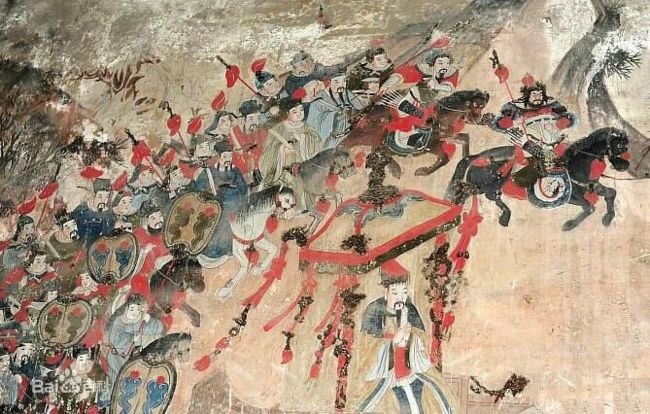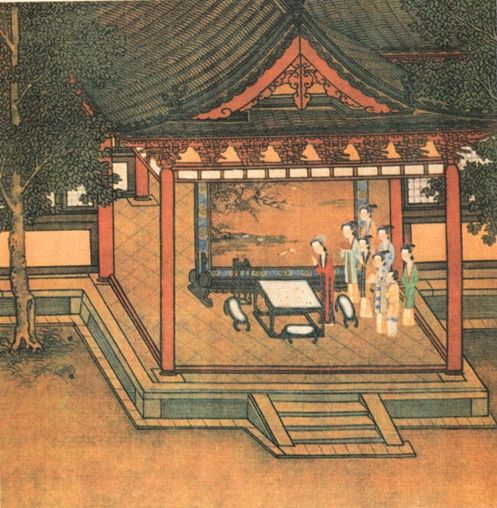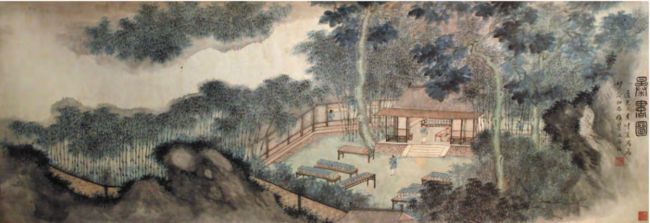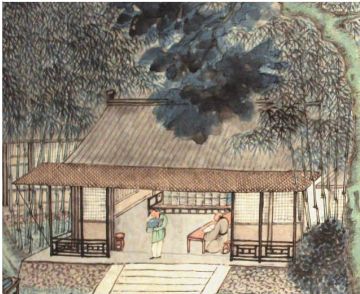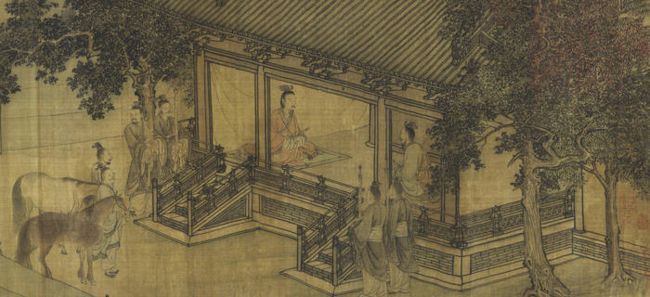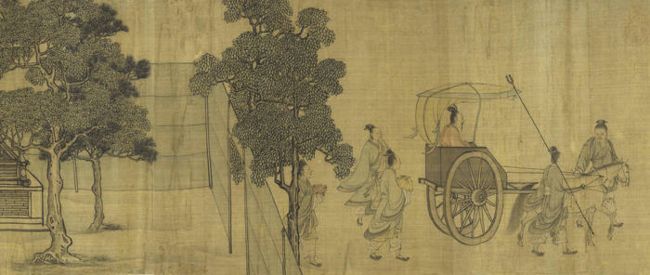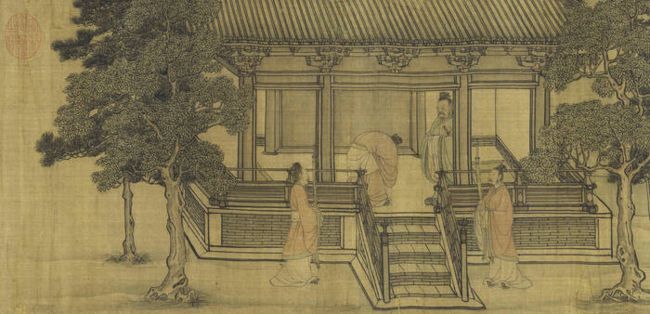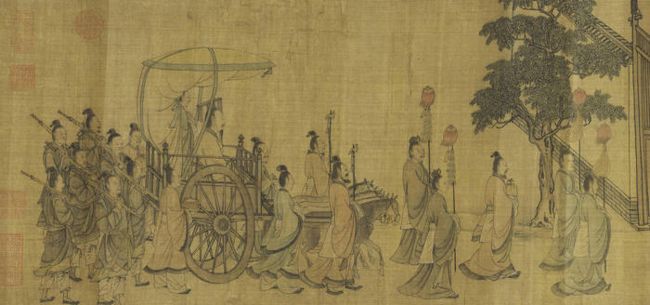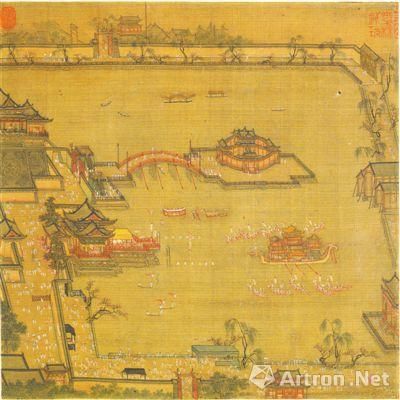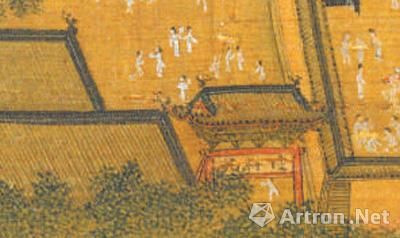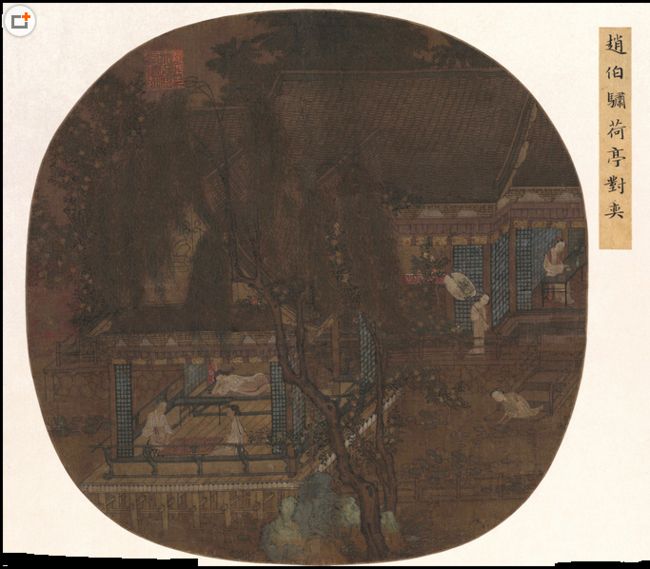Text by Zhang Liping & Zhang Wenqian
Influenced by profoundly historical andcultural traditions, there are various festivals throughout the year in China. The most distinctive ones take place in torrid summer. Due to the special climate, the solar terms then are more closely combined with the view of things like seasons and health maintenance, which contributes to unique seasonal activities.
The “Day of Book Basking”, which falls on June 6th in the Chinese lunar calendar, is a distinctive festival in summer. On this day, all the enshrined books will be carried out of the rooms and basked in the courtyard to prevent mildew and silverfishes. The date determination is related to the “Festival of Gifts from the Sky”in Song Dynasty.“Festival of Gifts from the Sky” was originally set up during the reign of Emperor Song Zhen Zong, the third emperor of the Song Dynasty. Xiang Fu the third year (1011), the chief executive of the region of Yanzhou (now the southwestern area of Shandong Province, used to be under the coverage of Jingdong) reported to Emperor Song Zhen Zong, stating that “message from the heaven” fell on Mount Tai on June 6th (lunar calendar). The emperor was so glad, regarding it as a symbol of auspiciousness, that he decreed that June 6 in the Chinese lunar calendar would be the “Festival of Gifts from the Sky”.
The background of thriving and prosperous in the reign of Song Zhen Zong dated back to the humiliation of the failures in the battle with the Kingdom Liao. Liao had forced southward expansion since the reign of Song Tai Zong, and the situation became worse in the reign of Song Zhen Zong. Zhen Zong Jing De the first year (1004), the army of 200 thousand soldiers marched southward under the leadership of Queen Mother Xiao and the King Yelv Longxu. They even reached Tanzhou (Puyang City in Henan Province now) and Bianliang, capital of Song Dynasty was on a razor’s edge. Faced with the dangerous situation, a controversy arose inside Song Dynasty between those who favoured continuing the war and those who favoured making peace. Prime Minister Kou Zhun was the representative of the former group and suggested Zhen Zong have a personal expedition. Zhen Zong followed his advice and decreed it, which encouraged the troops to a large extent. The situation was becoming more and more advantageous for Song Dynasty with continuous triumphs. However, Zhen Zong had no confidence in the northern expedition, and sued for peace before coming out of Bianliang. Then he and the northern invaders signed an oath at the place of Chanyuan. From then on, the Empire of Song paid one hundred thousand taels of silver and two hundred thousand pieces of silk to the Kingdom of Liao each year in exchange for peace. Officials and civilians all laughed at it and called it “a treaty signed under coercion” and a great humiliation militarily and politically of Song Dynasty. Just then, someone suggested that Zhen Zong show the legitimacy of his government by offering sacrifices to heaven and earth on Mount Tai. Soon the emperor stated that he dreamed of a god telling him that the message from heaven was coming. The message eventually fell on Mount Tai as predicted. Song Zhen Zong seized the opportunity and went to Mount Tai, where he was able to make pilgrimages and felt like joining the ranks of extraordinary emperors including the First Emperor of Qin, Emperor Wu of Han and Emperor Taizong of Tang. As a symbol of the unification of the empire, theday became an important festival in the court of the Northern Song Dynasty withdistinctive activities.
In the June of the Xiang Fu the fourth year, Song Zhen Zong issued the “Edict of rewarding with banquet on the Day of Gifts from the Sky”, which wrote, “Princes and courtiers should be rewarded with banquet after praying in Shangqing Palace.”Since the Song Dynasty implemented the policy of depending on men of letters, emperors continuously collected more than tens of thousands of rare ancient books and famous paintings since Emperor Taizu of Song, and built secret pavilions to store them. The numerous books and paintings are exposed to bask every year to prevent mildew and silverfishes from the beginning of the fifth lunar month to the end of the eighth lunar month. Coincidentally, the festival, Day of Gifts from the Sky, was held in the middle of June. Therefore, the princes and nobles usually went to the secret pavilions after the banquet to appreciate ancient books and paintings, writing poems for recreation. This is the reason why the later generations of folk literati set it as the “Day of Bok Basking” or "Day of Scriptures Basking”. The activity peaked inthe Southern Song Dynasty.
Later on, the Southern Song Dynasty moved on to the Yangtze River basin and made it center of political rule. Because of the warm and humid climate there, this air-drying and sunbathing activity was gradually spread in the area. Things exposed included clothes and bedding and so on apart from books. Nowadays there is a saying in Zhejiang Province that June 6 is the “Clearing Summer Day”. Villagers air theirclothes and beddings and wash utensils in the river on this day.
Caption:
Abstract: June Cool Drawing in Yongzheng December Trip created by anonymous in Qing Dynasty, ink and pigment of silk, Palace Museum.
1、The blue and green color of the mural of the temple is now stored in the temple of tai 'an in Shandong Province
2、Song Zhen Zong sitting in the sedan
3、Painting of Auspicious Phenomenonin Zhongxing Periodby Anonymity, Southern Song Dynasty, ink andpigment on silk, auctioned in Guardian spring auction in 2009
4、Painting of Muddy Horse Carrying King Kang(partially) by Anonymity, Southern Song Dynasty, ink and pigment onsilk, Shanghai Museum
5、Painting of Inspecting Booksby WangQihan, Northern Song Dynasty, thin ink and pigment on silk, Nanjing University
6、Painting of Book Baskingby Xu Mei, Qing Dynasty, ink and pigment on silk,Liaoning Provincial Museum
7、Painting of reestablish country by Jin Wen Gongby Li Tang, Southern SongDynasty, hand scroll, silk scroll ink, Metropolitan Museum of Art
8、Jin Wen Gong was comingback to his own country inPainting of reestablish country by Jin Wen Gong
9、Picture of Competing for Bid at Jinmingchiby Anonymity, SouthernSong Dynasty, album, ink and pigment on silk, Tianjin Art Museum
10、Picture of Prevent Sunstroke in Jiucheng Palaceby Anonymity, SouthernSong Dynasty, ink and pigment on silk, Palace Museum
11、Picture of Playing Chessby Anonymity, album, Southern Song Dynasty, inkand pigment on silk, Palace Museum
12、Picture of Retarding the Wind in a High Pavilionby Anonymity, SouthernSong Dynasty, album, Palace Museum
